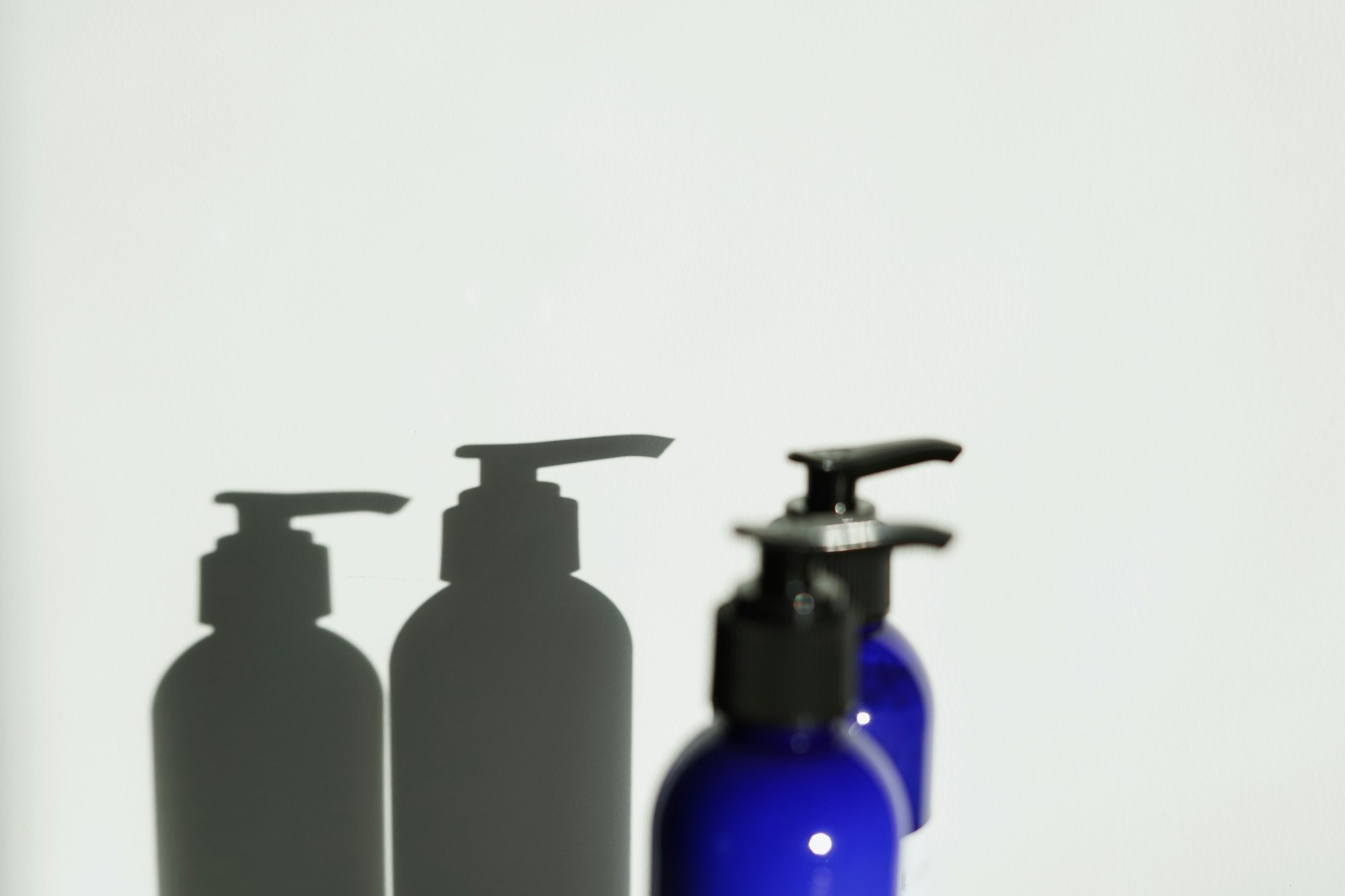Bernie Sanders was interviewed by Cosmopolitan, and at the very end of the interview, they asked:
Jessica Pels: What’s your skincare routine?Bernie Sanders: Not much.Jessica Pels: Do you moisturize?Bernie Sanders: I put something on. I got something, the doctor gave me something years ago, I put it on. I’m not quite sure….
Same Bernie, same. I find skin care intimidating. Skin care marketing tells me I’m neglecting my skin. I feel cajoled by marketing that feels unscientific and fake, but I also have issues with my skin and scalp that I’d like to go away.
So, I did some research. I googled, I bought a book, I experimented with my own regimen, and I wrote this post. I’m by no means an expert having only spent a few weeks thinking hard about this, and I won’t attempt to tell you what’s best for your skin. Hopefully this post will make you less intimidated and have a few things to try, or at the very least save you some googling. (maybe more of a disclaimer, invitation to help me refine my thinking).
What gives?
The science of skin-care still has a lot to figure out. Skin is a complicated system by itself, and recent research on the “microbiome” living on top of your skin makes it even more messy.
There’s a lot of money to be made in that mess by convincing people they need more products to take things off their skin and then put other things back on, and there’s a long history of companies doing just that. Even today, there are very few consequences for making un-scientific, far-fetched claims about a product or worse: having a product that causes harm. This leads to a situation where
On one side of this situation: it’s perfectly fine to do less, buy less, clean less. It doesn’t have to feel neglectful. There’s a whole movement around doing less to our skin (no-shower, no-soap, no-shampoo). Those folks will also try to sell things, like a dirt spray (no I’m not kidding), but the general vibe is that we’re doing too much to our skin, and if we just chilled, our skin would thank us.
On the other side: skin care is one of the few areas of health where a look in the mirror can give meaningful feedback on how it’s going. People don’t need a randomized controlled experiment to tell them whether they like the way they look and feel after using a product. They get to decide what they want out of it and how much time and money they want to spend.
There’s one area where the science is clear though: sunscreen. There’s plenty of science to support that links sun exposure and skin cancer. Unfortunately, the US’s sunscreen market is stuck in the 90’s, and I’ll get into why and what you can do about it.
What to do?
- See a dermatologist (but read the next post for things to keep in mind)
- Try a product “diet” to see if less is more for your skin
- Get some sunscreen from outside the US
- Be skeptical, and support new personal product regulations
In a follow up post (posts?) I’ll elaborate on these three bullet points based on what I’ve read. Again, I’m by no means an expert, and I’d love to hear different takes to help me form my thoughts on this.
